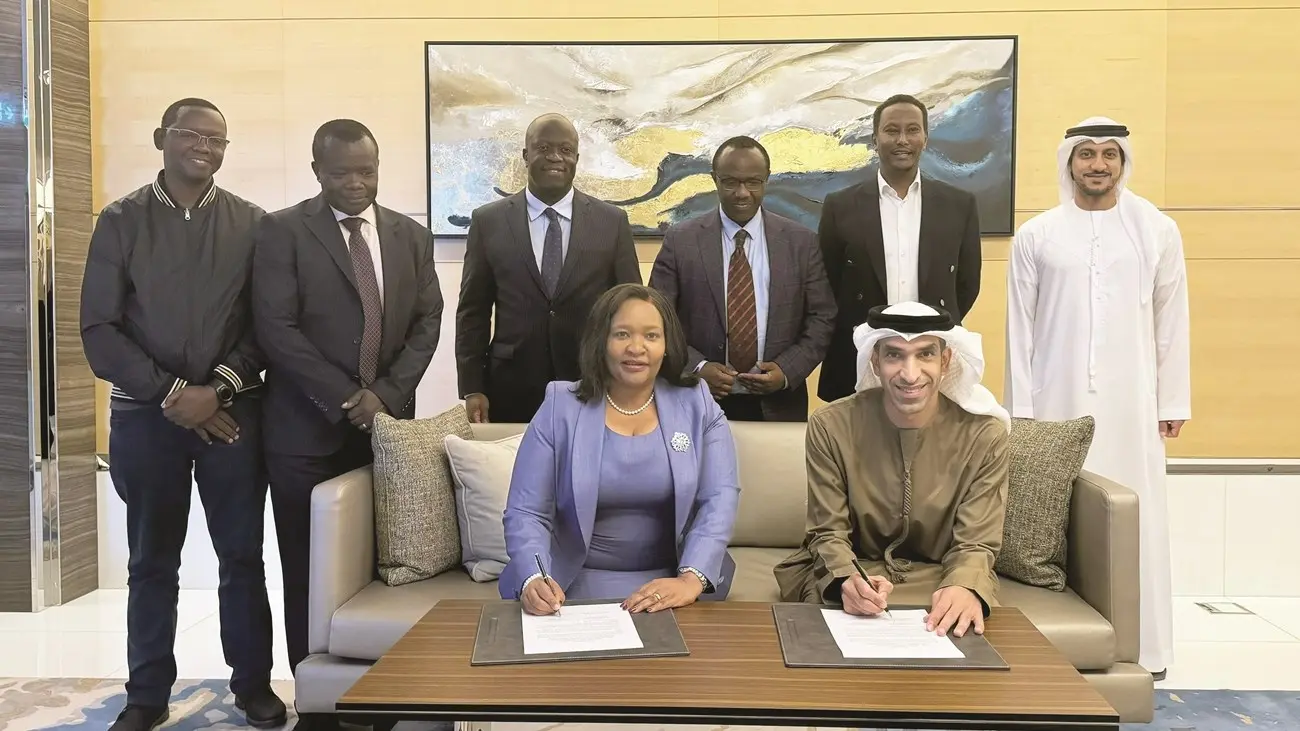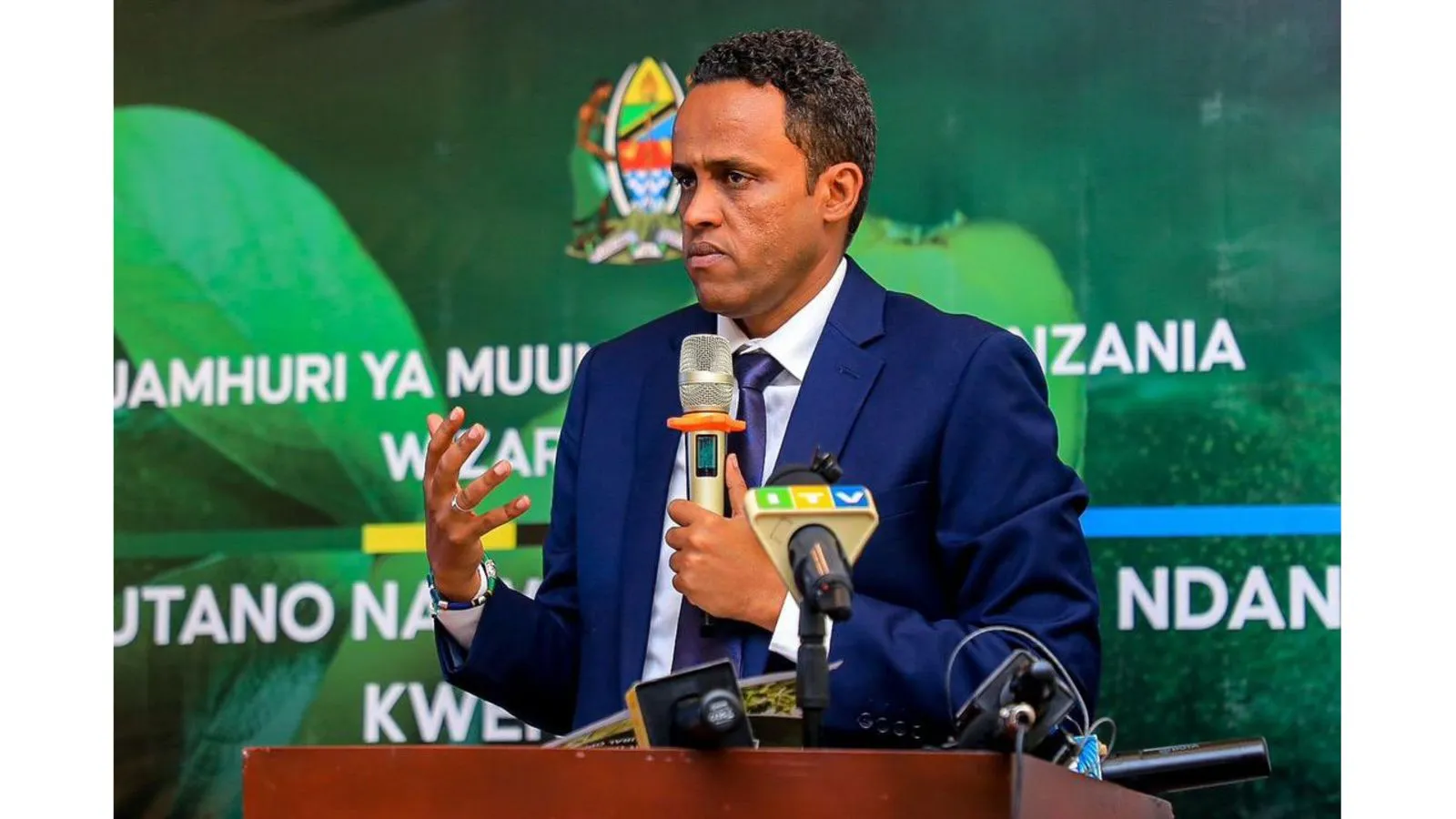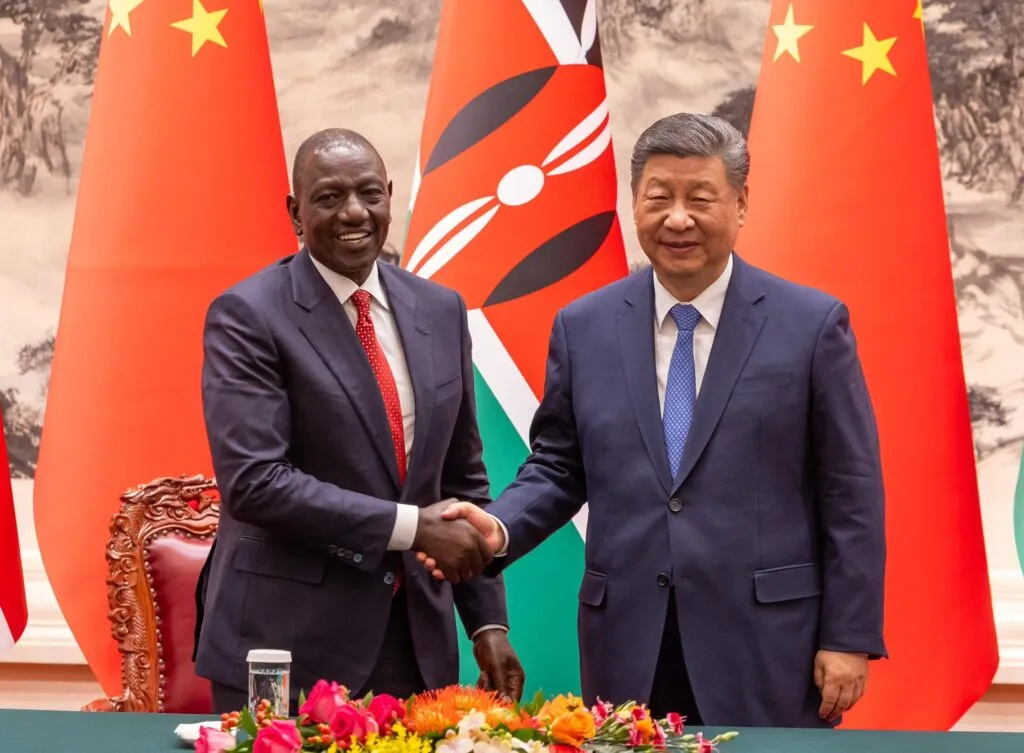Ghana has officially commenced the construction of a $12 billion petroleum hub, a monumental project designed to position the West African nation as a leading player in the regional and global energy markets. President Nana Akufo-Addo inaugurated the project on Monday in the southwestern city of Jomoro, marking the beginning of a venture that the government believes will transform Ghana into a major petroleum and petrochemical hub by 2036. However, the initiative has not been without its critics, who question the viability and impact of the project.
Overview of Ghana’s Petroleum Industry
Ghana, renowned as the world’s second-largest cocoa producer, became an oil producer in 2010 with the discovery of offshore oil reserves. Currently, the nation produces approximately 132,000 barrels per day (bpd) of crude oil and around 325 million standard cubic feet per day of natural gas. These resources are extracted primarily from the Jubilee, TEN, and Sankofa fields, which are operated by major international oil companies in partnership with the Ghana National Petroleum Corporation (GNPC).
The country’s foray into the oil industry has significantly contributed to its economy, with petroleum exports becoming a key source of revenue. However, Ghana has faced challenges in maximizing the benefits of its oil wealth, including issues related to revenue management, local content development, and environmental sustainability.
The Vision Behind the Petroleum Hub
The petroleum hub project, which is set to be one of the largest industrial undertakings in Ghana’s history, aims to expand the country’s refining capacity and establish it as a key supplier of refined petroleum products and petrochemicals to West Africa and beyond. The hub will include a 300,000 bpd oil refinery, storage facilities, petrochemical plants, and associated infrastructure.
West Africa currently consumes about 800,000 bpd of petroleum products, with nearly 90% of this demand met through imports. The Ghanaian government envisions the hub as a solution to the region’s reliance on imported refined products, thereby boosting energy security and reducing foreign exchange outflows.
President Akufo-Addo described the project as a “cornerstone of our nation’s development,” emphasizing its potential to create jobs, attract foreign investment, and generate significant revenue for the country. The government projects that the hub will not only meet Ghana’s domestic energy needs but also supply surplus products to neighboring countries, positioning Ghana as a regional leader in the petroleum sector.
Financing and Construction: A Collaborative Effort
Phase one of the project, estimated to cost $12 billion, will be financed and constructed by a consortium of international companies, including Touchstone Capital Group Holdings, UIC Energy Ghana, China Wuhan Engineering Co., and China Construction Third Engineering Bureau Co. The involvement of these global players underscores the strategic importance of the project, which is expected to be completed in multiple phases over the next decade.
The financing structure of the project, however, has raised concerns among some industry experts and stakeholders. Bright Simons, Vice President of the Accra-based think tank IMANI Africa, has been a vocal critic of the hub, arguing that the consortium behind the project lacks the necessary financial and technical capacity to deliver on such an ambitious undertaking. Simons has also questioned the absence of a clear, bankable business plan, suggesting that the project might be more about securing land and political capital than about building a viable petroleum hub.
Social and Environmental Concerns
Beyond the financial and economic debates, the petroleum hub has also sparked significant social and environmental concerns. The project is set to occupy a 20,000-acre site, a move that has provoked protests from local communities and environmental activists. Critics argue that the government’s approach to land acquisition has been heavy-handed, with insufficient consideration given to the social and environmental impacts of displacing local farmers and communities.
Oliver Barker-Vormawor, a senior partner at the law firm representing several affected farmer cooperatives, has been particularly critical of the government’s handling of the project. He argues that the government’s dismissal of local concerns, coupled with the potential loss of livelihoods for thousands of farmers, could lead to long-term social unrest and undermine the project’s legitimacy.
“The abrasive manner in which the government is proceeding discounts valid concerns around the social and environmental impact of the project, the livelihoods at risk by the displacement of farmers, and the unsettled questions of ownership and community land rights,” Barker-Vormawor said. He warned that his clients would continue to resist the project unless their demands for fair compensation and reduced project footprint are met.
Government’s Response and Public Support
In response to these criticisms, the Ghanaian government has insisted that the petroleum hub is a critical national project that will bring substantial benefits to the country. Officials have pointed to petitions from other residents in support of the project as evidence that the hub has broad public backing. The government has also pledged to adhere to international best practices in environmental and social impact management, although details on specific measures remain unclear.
The Ministry of Energy has stated that the project will include extensive environmental monitoring and mitigation efforts to minimize its impact on local ecosystems. The government has also promised to provide adequate compensation to affected communities and to implement social development programs aimed at improving living standards in the region.
Economic Impact and Regional Significance
If successfully implemented, the petroleum hub could have far-reaching economic implications for Ghana and the broader West African region. The project is expected to create thousands of jobs during the construction and operational phases, providing a significant boost to the local economy. The hub will also likely attract ancillary industries, such as logistics, construction, and services, further stimulating economic growth in the region.
Moreover, the hub could enhance Ghana’s position as a key player in the global energy market, particularly as the country seeks to diversify its economy and reduce its dependence on cocoa exports. By increasing its refining capacity and becoming a net exporter of refined petroleum products, Ghana could capture a larger share of the value chain in the oil and gas industry, which has traditionally been dominated by Western and Asian companies.
For West Africa as a whole, the petroleum hub represents an opportunity to reduce the region’s reliance on imported refined products, which are often subject to volatile global prices and supply disruptions. By providing a stable and locally-sourced supply of petroleum products, the hub could contribute to greater energy security and economic stability in the region.
Challenges and the Path Forward
Despite its potential benefits, the petroleum hub project faces significant challenges. These include securing the necessary financing, managing social and environmental risks, and ensuring that the project is implemented in a transparent and accountable manner. The government will need to work closely with all stakeholders, including local communities, civil society organizations, and international partners, to address these challenges and ensure the project’s success.
In addition, the global energy landscape is undergoing rapid changes, driven by the transition to renewable energy and growing concerns about climate change. While fossil fuels remain a key component of the global energy mix, the long-term viability of large-scale petroleum projects like Ghana’s hub will depend on their ability to adapt to a changing energy market.
The Ghanaian government has acknowledged the importance of sustainability and has committed to integrating renewable energy sources into the country’s energy mix. However, achieving this balance will require careful planning and coordination, as well as significant investment in new technologies and infrastructure.
Conclusion
The construction of Ghana’s $12 billion petroleum hub marks a bold step in the country’s quest to become a major player in the global energy market. With its potential to create jobs, attract investment, and boost economic growth, the project could play a pivotal role in Ghana’s development. However, the hub also faces significant challenges, including financial risks, social and environmental concerns, and the need to navigate a rapidly changing global energy landscape.
As the project moves forward, it will be crucial for the Ghanaian government to address these challenges in a transparent and inclusive manner, ensuring that the benefits of the petroleum hub are shared equitably and sustainably. With the right approach, Ghana’s petroleum hub could become a cornerstone of the country’s economic future, helping to secure its place as a leading energy producer in Africa and the world.
photo source: Google
By: Montel Kamau
Serrari Financial Analyst
21st August, 2024
Article and News Disclaimer
The information provided on www.serrarigroup.com is for general informational purposes only. While we strive to keep the information up to date and accurate, we make no representations or warranties of any kind, express or implied, about the completeness, accuracy, reliability, suitability, or availability with respect to the website or the information, products, services, or related graphics contained on the website for any purpose. Any reliance you place on such information is therefore strictly at your own risk.
www.serrarigroup.com is not responsible for any errors or omissions, or for the results obtained from the use of this information. All information on the website is provided on an "as-is" basis, with no guarantee of completeness, accuracy, timeliness, or of the results obtained from the use of this information, and without warranty of any kind, express or implied, including but not limited to warranties of performance, merchantability, and fitness for a particular purpose.
In no event will www.serrarigroup.com be liable to you or anyone else for any decision made or action taken in reliance on the information provided on the website or for any consequential, special, or similar damages, even if advised of the possibility of such damages.
The articles, news, and information presented on www.serrarigroup.com reflect the opinions of the respective authors and contributors and do not necessarily represent the views of the website or its management. Any views or opinions expressed are solely those of the individual authors and do not represent the website's views or opinions as a whole.
The content on www.serrarigroup.com may include links to external websites, which are provided for convenience and informational purposes only. We have no control over the nature, content, and availability of those sites. The inclusion of any links does not necessarily imply a recommendation or endorsement of the views expressed within them.
Every effort is made to keep the website up and running smoothly. However, www.serrarigroup.com takes no responsibility for, and will not be liable for, the website being temporarily unavailable due to technical issues beyond our control.
Please note that laws, regulations, and information can change rapidly, and we advise you to conduct further research and seek professional advice when necessary.
By using www.serrarigroup.com, you agree to this disclaimer and its terms. If you do not agree with this disclaimer, please do not use the website.
www.serrarigroup.com, reserves the right to update, modify, or remove any part of this disclaimer without prior notice. It is your responsibility to review this disclaimer periodically for changes.
Serrari Group 2025





